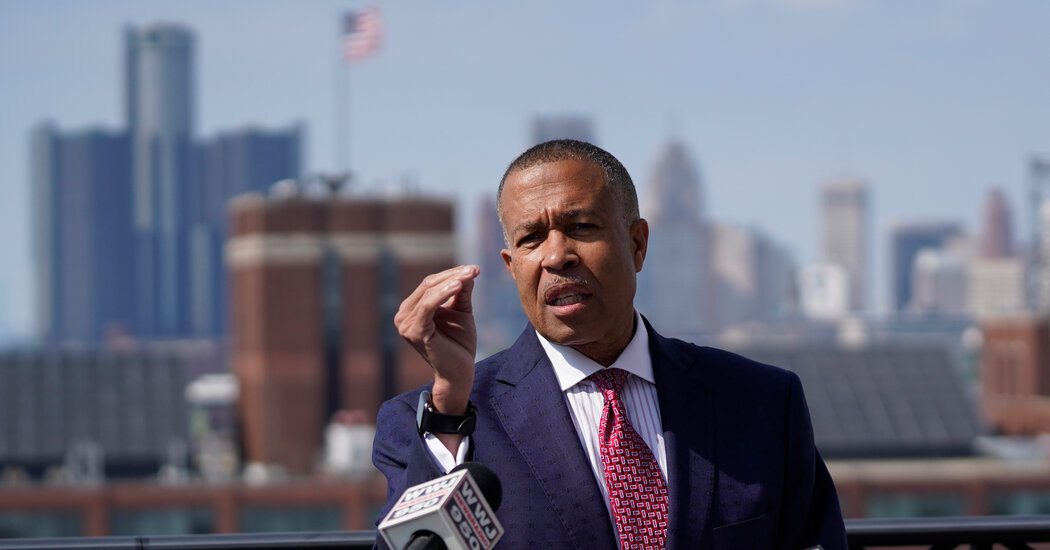
More than half of the 21,305 signatures submitted by Mr. Craig’s campaign were rejected, leaving him with 10,192 valid signatures, the bureau said in its report, which noted that little effort had been made to vary handwriting.
“In some cases, rather than attempting varying signatures, the circulator would intentionally scrawl illegibly,” the bureau said of the petitions for Mr. Craig. “In other instances, they circulated petition sheets among themselves, each filling out a line.”
Mr. Craig said in his statement on Thursday that the bureau’s staff had overstepped its authority when it rejected entire pages of signatures instead of doing so line by line.
“We are confident that when the law is justly applied, our campaign will be on the ballot this August,” he said.
In an interview on Tuesday, Mr. Craig identified Vanguard Field Strategies, an Austin, Texas, firm, as helping to manage his canvassing effort, one that he said relied on several subcontractors that were previously unknown to him. He said the onus was on the firm to have checks and balances to detect fraud, and he called it “shortsighted” and unrealistic to expect that a busy candidate would verify more than 20,000 signatures.
Vanguard Field Strategies confirmed on Tuesday that 18 of the people identified in the elections bureau’s report as circulating the fraudulent petitions had been working for another firm that it had subcontracted to help it gather signatures.
The company’s president, who would not identify the subcontractor, said that none of the circulators named in the report had been paid by Vanguard. If the allegations are true, he said, the individuals should be charged with fraud.
The elections bureau rejected 9,393 of the 23,193 signatures submitted by Mr. Johnson’s campaign, leaving him with 13,800 valid signatures. Some of the fraudulent signatures represented voters who had died or moved out of the state, the bureau said.




